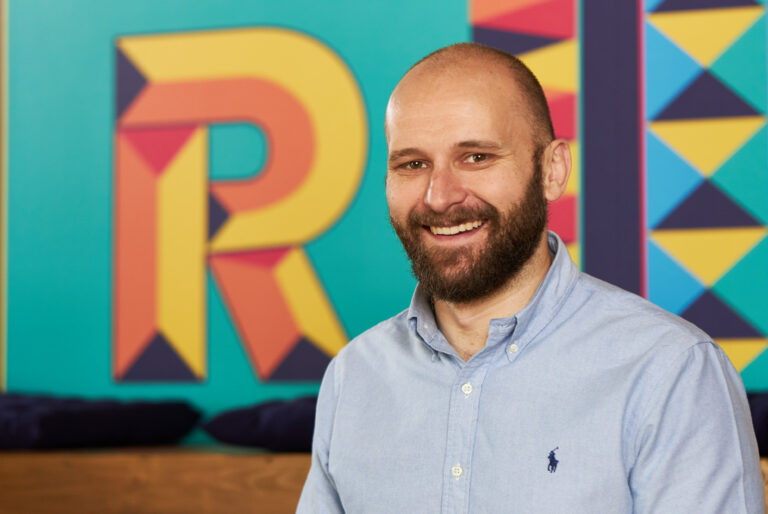Every agency needs to position itself as an extension of a clients’ marketing team and face up to the shift towards in-house, the rise in bots and outsourcing. Richard Wood, Managing Director at Manchester-headquartered growth agency Six & Flow, explains why.
The days of the traditional agency model are dying. There, I said it.
The last 10 years have seen a seismic shift in how clients and agencies interact; then COVID ramped it up another couple of notches. The tried and tested transactional set up of agencies simply delivering a suite of limited services is becoming more and more antiquated by the day. Brands and companies of all sizes are realising that it’s often easier – and more cost-effective – to bring things in-house.
With the right alignment and strategic direction, it’s now far easier to hire remotely, hire for skill sets and to build the internal knowledge that’s so valuable in a marketing context. What clients need from agencies now is far removed from what it used to be. They don’t need execution in the same ways.
Agencies that don’t wake up to that reality are in for a rough time. Things like outsourcing to design houses in markets with lower costs of living, content freelancers and the rise of AI based writing engines are slowly eroding the margins in the agency content sector, whilst bots are coming for your development skills too. All of this is only going to accelerate as clients start aligning costs versus rewards.
For agencies, a lot of the bread and butter marketing delivery services that we used to offer have become a race to the bottom. The situation, however, isn’t all bad. It’s just going to take some vision.
Client empowerment
At Six & Flow, we’ve started to focus on client empowerment. We want to empower our clients with strategy, implementation and training rather than just deliver for them. It’s about focusing on the high impact side of agency knowledge and the agency experience.
By ‘empowering’, I mean collaboratively working alongside our clients, giving them the tools and knowledge to deliver on their growth plan, autonomously. In practice, that means leaning into our agency knowledge, insight and sometimes our capacity. For us, it is – of course – about securing our own future, but it’s also about positioning ourselves as being a long-term partner rather than just a supplier. High impact, means high return. High return means client-agency relationship longevity.
Our approach to client empowerment is about focusing on providing high-value thinking and strategy that has real commercial impact. It’s a model where we align clients with our first-class strategic thinking and training to continue delivering the strategy in the long-term. They understand their businesses and the services they deliver better than anyone else, so empowering them to create a bigger impact based on our thinking is way more valuable than us just responding to, and delivering on, brief after brief with no real collaboration. That’s just a transaction, not a valuable partnership.
We do that by giving them the right tools to succeed, by delivering training and by supporting them. Our primary function is to outline what needs to be done via strategic thinking, helping them determine the tactical delivery and then empowering them to actually deliver it. This set up works as they can use us to achieve the desired big impact, but they own it as they manage the day-to-day implementation themselves, with us in the background to provide support when needed. We essentially become an intrinsic part of their brain power whilst they ‘do the do’.
We can no longer be standalone entities
Moving forward, every agency needs to position itself as an extension of their clients’ marketing teams. We can no longer be standalone entities as the traditional supplier set up is becoming null and void. We need to be seen as an integral part of their business and offer things over and above the norm. Our clients get access to our partners, our knowledge, our learning tools and our skill sets
Of course, there will always be a place for marketing delivery. Some businesses will need those drafted in skill sets, and some will have no appetite to run those skills internally. We’ll continue to deliver in that very vein – but we’ve become selective with those clients, focusing on the ones where our sector or technical experience can add a level of input (and return) that bots or in-house teams can’t.
In my opinion, this way of working will become more common. It’s going to become the agency norm. It will be a shift for the big agencies, but it’s also one that will work well for the smaller firms if they adopt it early. The landscape is without a doubt becoming more about strategy; in today’s world, clients need consultants not just ‘doers’ – especially as we can help lay the foundations for their internal team growth and development. That is empowerment at its very best.
For agencies, the bots are coming for us; they will change how – and where – we add value and I think that’s a good thing.











